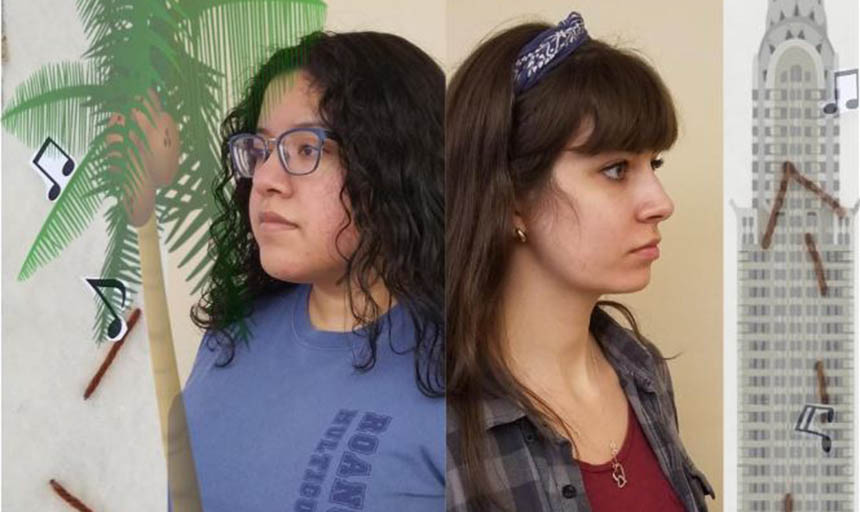


Pages 8 & 9 – 35th Anniversary Awardees.Pages 6 & 7 – "Dusting the Memories" by Jennie E.Pages 2 & 3 – Table of Contents, Photos: MCCLA Staff 2012 / End of Semester Shows.Pages 2 & 3 – Table of Contents Corazón Del Barrio Brazilian Carnaval Dance & Drum Class with José Rivera, performing at EOS 2012.Colombian Dance with Adriana Sånchez, performing at EOS 2008.Samba Class with Maisa Duke, performing at EOS 2012.Samba Jam Brazilian Percussion class with Fernando de Sanjinés, performing at End Of Semester Show (EOS) 2012.MCCLA, 2868 Mission Street, San Francisco, CA 94110 Castafio, René Castro, Sebastiän Dävila, Christine Fu, RJ Muna, Deborah Netsky, Leticia Paez, Jennie E. Photography: Cole Anetsberger, Adriän Arias, Cindy Astorga, Jay Blakesberg, Wilfredo Q. This Issue is dedicated to all the artists, volunteers, teachers, staff and board working hard during 35 years of Art & Culture in the community.Ĭollaborators: Isabel Barraza, Suzie Dod Thomas, Alejandro Murguia, Jennie E. This magazine was possible thanks to the support of our funders, sponsors and friends. Aztec dancers performing at the End of Semester Show.Kids with Calaveras makeup during the Día de Muertos celebration at MCCLA.Lydia and Juan de Dios Soto with Afro-Peruvian dancers and musicians at Navidad Negra: Bajada de Reyes.The mural on the front of the building, by artists Carlos Loarca and Betsie Miller.MCCLA's 2012 Carnaval SF Contingent "Jungla Y Cumbamba," led by choreographer Neo Garcia.Retrieved on January 22, 2013.Cover images (top to bottom, left to right): Now Meet the Neighbors." The New York Times. " THEATER REVIEW O.K., You Love the House. "Language Games: Hinojosa-Smith, Prida, Braschi." (Chapter 5 in Redreaming America: Toward a Bilingual American Culture). " Dolores Prida, Latina 'Dear Abby,' dies." CNN. The family has requested an autopsy," she said.' it's not known if she died of a heart attack or stroke. "And she went home and on the way home, she didn't feel good, so she called her sister and they took her to Mount Sinai. '"We live three blocks apart," added Junco. " Legendary Playwright and Columnist Dolores Prida Dies." Latina. " Dolores Prida, beloved columnist and playwright, dies at 69." NBC Latino. ^ a b c d e f g h i j k l m n o p q Remeseira, Claudio Iván.Buckner said that in Casa Propia, "ot much more is needed for comedy than throwing these broadly drawn strong characters together" and that in regards to the characters, "Fanny, Olga, Manolo and Junior are likely to live with you for a long time." He said that Prida "has a good ear for New York Hispanic street language, and this cast exploits it so hilariously that at times even a viewer with no Spanish may want to set aside the simultaneous translation earphones and take it in raw: the grimaces and gestures reveal what is meant, and the sound is too good to miss." References Una Mujer Named Maria (2000, "una mujer" means "a woman").Casa Propia (1999, means "A House of Her Own").Her cause of death is not yet known, and her family placed a request for an autopsy. She died on the morning of January 20, 2013, at Mount Sinai Hospital in New York City. She had no prior training in writing advice. In 1998 Prida took control of Latina's advice column. Her best known one act plays is "Coser y Cantar", a monologue about two characters named Ella and She. Mount Holyoke College granted her an honorary degree, a Doctor of Humane Letters, in 1989. The Manhattan Borough President presented her with the third award. For her playwrighting she won the Cintas Fellowship Award for Literature in 1976, the Creative Artistic Public Service Award for Playwriting in 1976, and the Excellence in Arts Award in 1987. In the 1970s and 1980s she became the senior editor of Nuestro magazine, the managing editor of El Tiempo, Visión magazine's New York correspondent, the director of information services of the National Puerto Rican Forum, the literary manager of the International Arts Relations (INTAR), and the publications director of the Association of Hispanic Arts (AHA). She later entered the publishing industry and became a journalist. She attended Hunter College, taking night classes while working at a bakery.


Prida lived in New York City for the rest of her life. In 1961, two years after the departure of their father, Prida and her mother and two siblings left Cuba. Shortly after the completion of the Cuban Revolution, her father left for the United States, fleeing in a boat. While she was a teenager, Prida wrote poetry and short stories. Prida was born on Septemin Caibarién, Cuba.


 0 kommentar(er)
0 kommentar(er)
